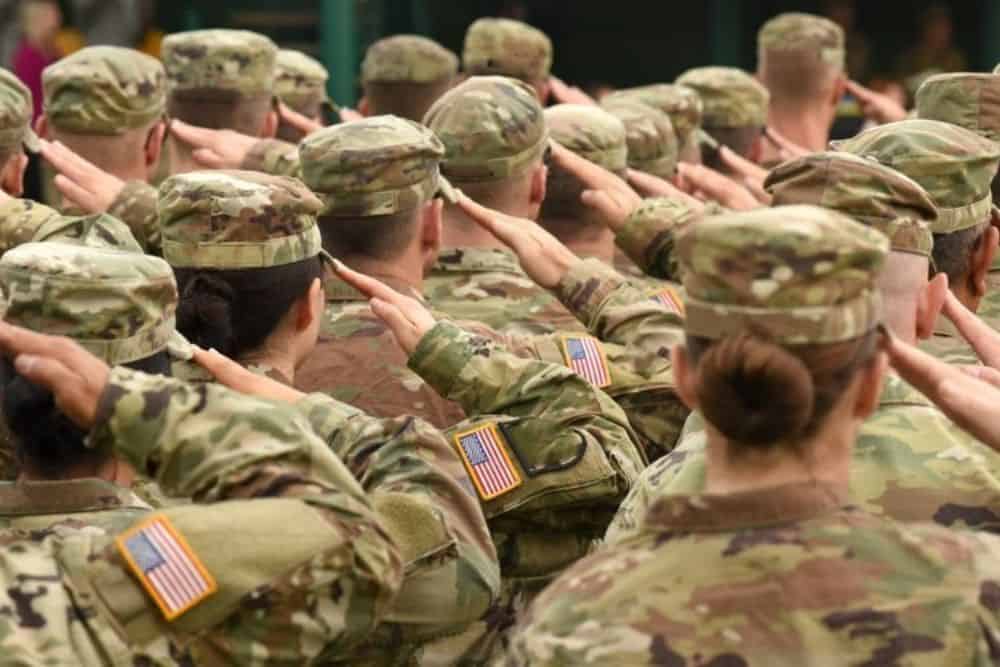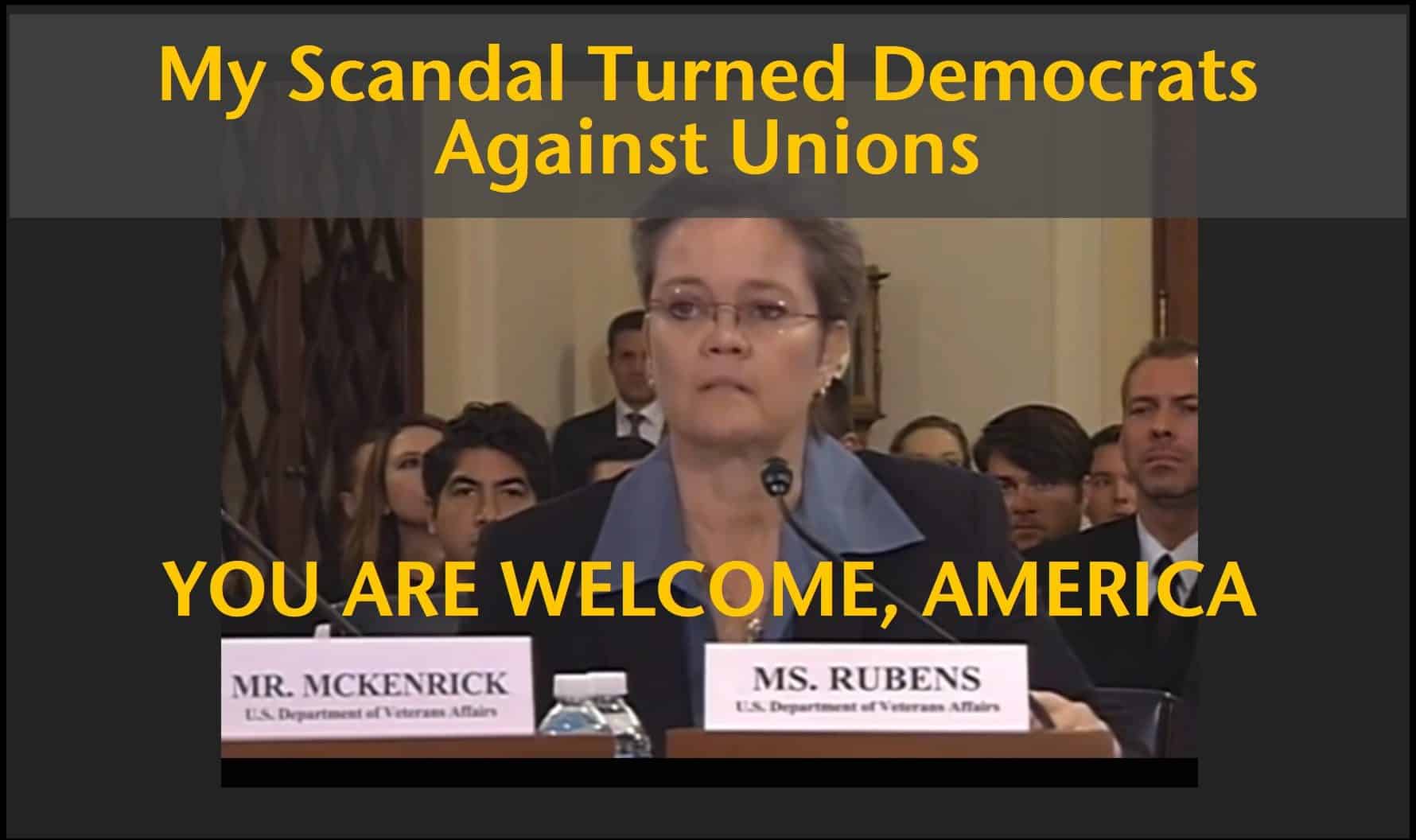Veterans’ Mental Health: Navigating the Aftermath of War
March 20, 2023, marked the 20th anniversary of the U.S. invasion of Iraq, a poignant reminder of the countless individuals who’ve served their nation over the past two decades. However, as we reflect on this milestone, the unmet mental health needs of military members cast a shadow, with many facing obstacles in accessing crucial mental health care.
Why is addressing veterans’ mental health crucial, and what are the consequences of neglecting it?
Neglecting veterans’ mental health could be dire, as evidenced by a 2021 report from the Costs of War project, estimating over 30,000 post-9/11 active-duty personnel and veterans succumbing to suicide. This staggering number emphasizes the urgency of addressing mental health concerns.
The Unseen Struggles
Veterans grappling with the invisible wounds of war often resort to substance abuse as a coping mechanism. Sadly, the challenge lies in accessing timely treatment for substance use disorder, with unacceptable delays hindering veterans’ paths to recovery.
Why do veterans hesitate to seek mental health support?
Military culture, emphasizing toughness and self-reliance, instills reluctance in veterans to seek mental health support. Even when resources like Wounded Warrior Project’s free mental health assistance are available, some veterans decline, fearing they might take resources from others in greater need.
Urgency of Mental Health
The Annual Warrior Survey by Wounded Warrior Project highlights the prevalence of mental health issues among veterans, with three of the top four service-connected injuries being mental health-related. Urgency in addressing mental health on par with physical injuries is crucial, as untreated mental health struggles can lead to long-term consequences, hindering veterans’ personal and professional fulfillment.
How does military service impact veteran families?
Military families bear the emotional weight of war, and the pressure to support veterans during their transition can affect their well-being. Accessible mental health resources for veteran caregivers and loved ones are vital, yet a shortage of mental health providers, estimated at 163 million Americans in underserved areas by the Department of Health and Human Services, poses a challenge.
Programs and Partnerships for Families
Veterans service organizations, such as Wounded Warrior Project, bridge this gap by offering mental health support and resources to family members. Initiatives like WWP Talk provide a platform for setting goals and strengthening coping skills. Partnerships, exemplified by the Hidden Helpers Coalition, address the needs of children serving as caregivers for injured veterans, supporting military families in building skills and accessing mental wellness tools.
Your Role in Supporting Veterans’ Mental Health
Understanding veterans’ issues is not exclusive to veterans service organizations. Policymakers, business leaders, and the general public all have roles to play. Legislation, funding, and advocacy efforts, exemplified by the Department of Veterans Affairs’ free crisis care initiative, underscore the commitment to veterans’ mental health.
How can businesses contribute to supporting military families?
Businesses can foster a culture of support for military families within their community. Initiatives like Johnson & Johnson’s Veterans Leadership Council and CSX’s Pride in Service demonstrate how companies can create programs addressing the unique health and wellness needs of the military-connected community.
Breaking Stigmas through Education and Conversations
Public education is a powerful tool in breaking stereotypes and misconceptions surrounding veteran mental health. Campaigns like the Ad Council and the VA’s “Don’t Wait, Reach Out” and Wounded Warrior Project’s #CombatStigma on social media contribute to destigmatizing seeking help. Participating in these conversations sends a powerful message of support, helping resources reach those in need.
Innovative Approaches
Mental health professionals are essential contributors, exchanging best practices through initiatives like the Warrior Care Network. This network of experts specializes in treating veterans, offering innovative programs like a two-week intensive outpatient program for PTSD. This condensed treatment model yields high completion rates and significant decreases in PTSD symptoms, facilitating faster and lasting well-being gains.
A Collective Duty to Those Who Served
Addressing veteran mental health is a collective duty, and through concerted efforts, we can improve care for those who’ve answered the call of duty. By supporting mental health initiatives, we honor the sacrifices made by individuals and families in service to our nation. Together, we repay our debt to those who have sacrificed so much on our behalf.





And out of those 30,000 suicides.. you better bet your ass at least a thousand of them were caused by some incompetent piece of shit at the VA fucking around. Some of those people should be behind bars. Not to mention they’d rather destroy someone’s liver and kidneys for decades, with pills, than do surgery for spinal issues causing pain. I wonder how many people blew their head off because VA wouldn’t treat their physical disabilities.
The Veterans who fought in our Wars
are all Patriots. Not the self proclaimed
patriots who support their country
with words and not actions. Those
who put on the uniforms of our
military. Politicians are not patriots.
Gene Goldenstein
Vietnam 1967-1968
No one ever mentions that VA Mental Health’s 32 year version of VETERAN SUICIDE ‘pREVENTION’ consists of SSRIs that induce Violence and Suicide.
To learn the truth about veterans suicides, google “The Truth About Veterans Suicides” (the 110th Congressional Hearing).
The results of H.R. 841…”Veterans PTSD Treatment and Psychological Readjustment Act of 1991″ were concluded on page 63 of the 111th Congressional Hearing 13 years ago. (24 Feb 2010)
“Exploring the Relationship Between Medication and Veteran Suicide”
Nobody knows “The Truth About Veterans Suicides” better than the 110th (and 111th) Congress.
Congressman Bob Filner said it best back in 2007 when CBS News exposed Dr Ira Katz (Cheif of VA Mental Health) for hiding 11,210 VETERAN SUICIDES from Congress,
“This is disgraceful! This is a crime against our Nation…against our Nation’s Veterans!”
Beverley Susan Melampy
Veteran’s Suicide Advocate
SURVIVOR H.R. 841